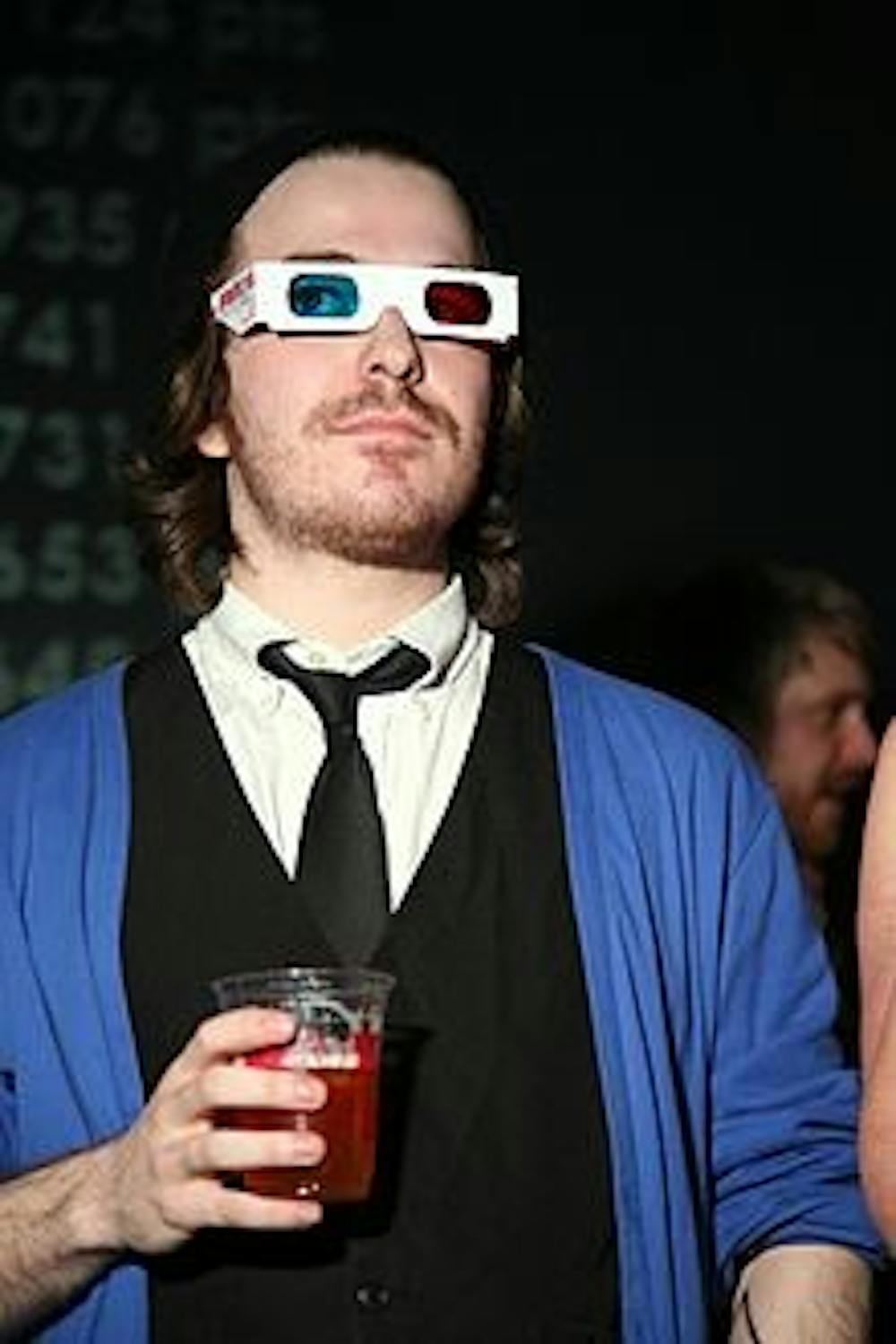 (Photo Courtesy of Wikipedia)
(Photo Courtesy of Wikipedia)Phil Fish is a product of the Internet and social media environment. Many consider him a jerk. He fights back when people antagonize him online.
First he antagonized people online, primarily through Twitter, only to abandon the service soon there after. He’s quit development on “Fez 2,” the sequel to his biggest video game hit, which helped thrust him into public consciousness.
Now, he’s selling his development studio, Polytron, and the rights to his game, “Fez,” after he and Polytron were hacked and had sensitive documents and information posted online in addition to having their websites and Twitter accounts compromised.
Zoe Quinn, developer of the indie game "Depression Quest," had her private life exposed online by what appears to be an angry ex-boyfriend and has since been on the receiving end of some of the vilest online abuse that has crossed over into real life. She has been the target of extreme sexual harassment for some time, and it boiled over to the point where Fish spoke out in her defense.
It’s 2014, and it’s hard to tell that we’re a nation and a society that supposedly considers everyone equal. Women in every form of media are severely underrepresented. Creators are almost always subjected to juvenile abuse that ranges from rude and disparaging emails and Twitter mentions to sexist crusades meant to shout down women.
The video game community is no exception. It’s hypocritical and shameful. Many treat video games as if it were a boys-only club with a sign on the door that says, “No girls allowed!” When men stand up against the misogyny and sexism, they become targets, too — as is the case with Fish.
The Internet can be a cruel place. If you share your opinion on any subject online, it is possible — and likely — that anonymous people from all over the world will crawl out from under their bridges to shout you down. Trolls online can be racist, homophobic, misogynistic and transphobic. Although they may be the minority, if they shout loud enough, they become a very loud minority, drowning everyone else out.
It doesn’t have to be that way.
I don’t agree with Phil Fish’s views or his antics on Twitter. I don’t spend time judging Quinn’s or anyone else’s personal life. That is none of my business. None of these transgressions deserve the abuse these two and many other men and women are subjected to online and in social media.
It’s disgusting behavior, and when crimes are committed, the aggressors need be punished. I can’t even imagine how Fish and Quinn must feel right now. Their personal lives have been invaded by Internet trolls, and I’ve seen many comments online that support the abuse because they deserve it. Nobody deserves to have their livelihoods put on the line. Nobody deserves to have their families put at risk because they are a figure in an industry that is supposed to be a hobby.
Video games are entertainment. They’re a fun escape from reality. The hate mob mentality need not apply. We should celebrate the inclusion of more people in our hobby, not damn them for their gender, race or sexual orientation. Can we all just get along or at the very least punish the trolls who act with impunity online?
Reach the reporter at michael.jerome.martin@asu.edu or follow him on Twitter @Bizarro_Mike




